Working groups
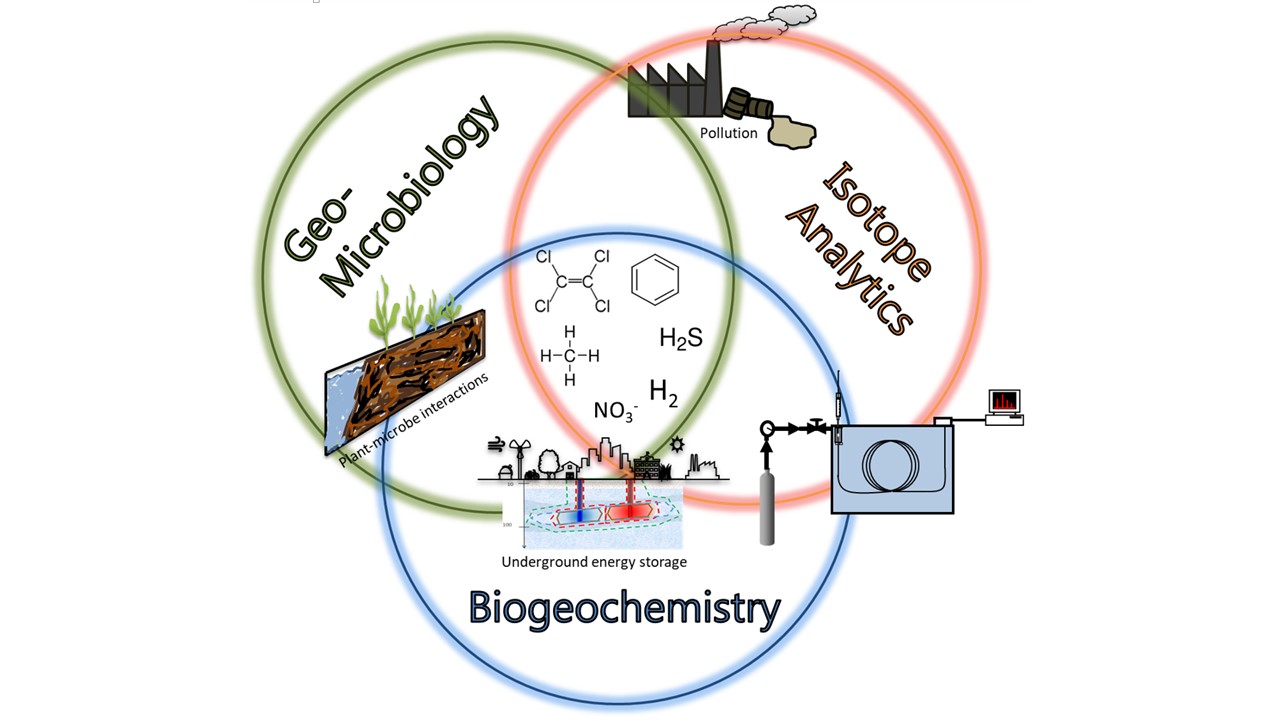
Working areas:
- Characterization of biogeochemical processes on different scales
- Identification of pollutant-degrading microbes in different habitats
- Elucidation of degradation pathways and in-situ monitoring of microbial processes
- Effects of therm. energy storage in aquifers on microorganisms
- Underground hydrogen storage Risk assessment of microbial H2 oxidation
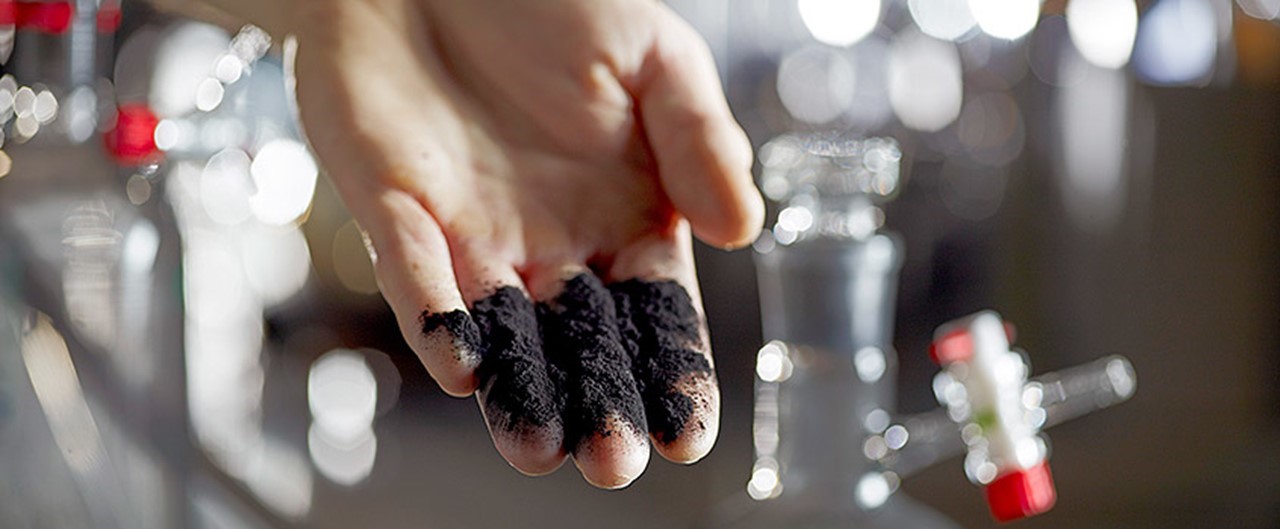
Working fields:
- PFAS and PMOC removal from water
- Photocatalysis, membrane composites, activators for persulphate
- Water quality in the context of blue-green urban infrastructures.
- Pd and Cu catalysts for the destruction of "conventional" pollutants
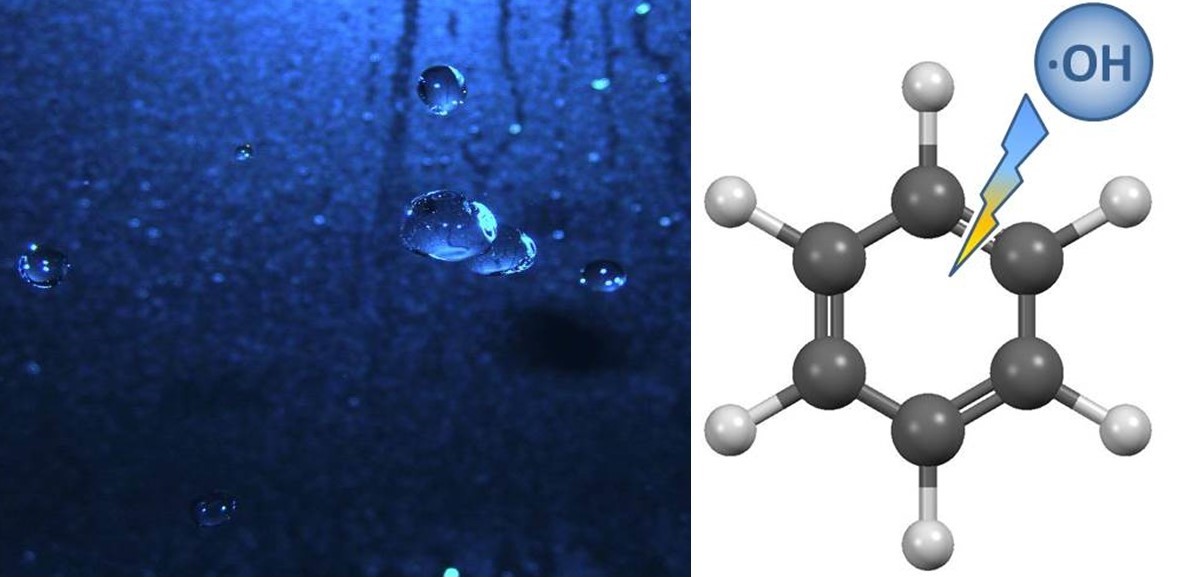
Working areas:
- New sustainable methods and materials for water purification
- Development of optimized carbon adsorbers for PFAS and PMOCs
- Electroadsorption and desorption
- Adsorber regeneration through on-site oxidation of adsorbed pollutants
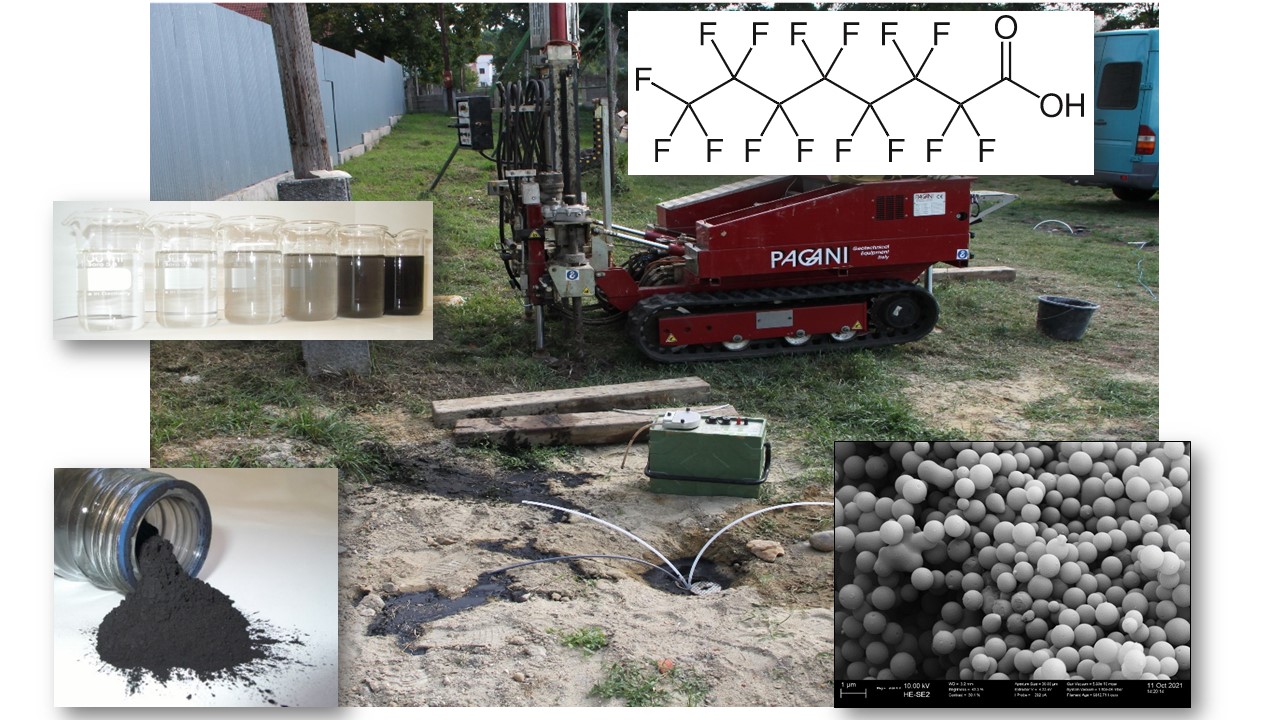
Working areas:
- Transfer of technical concepts to technical scale
- Sustainable concepts for in-situ sorption barriers for PFAS
- Development of sustainable purification options
- Identification and investigation of urban pollutant sources
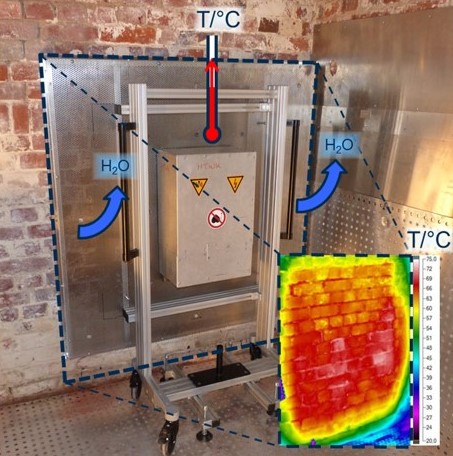
Working areas:
- Radio waves
- Heterogeneous catalysis
- Hydrogen
- RWInnoTec
- Thermal processes
- Burning water
- HyPro
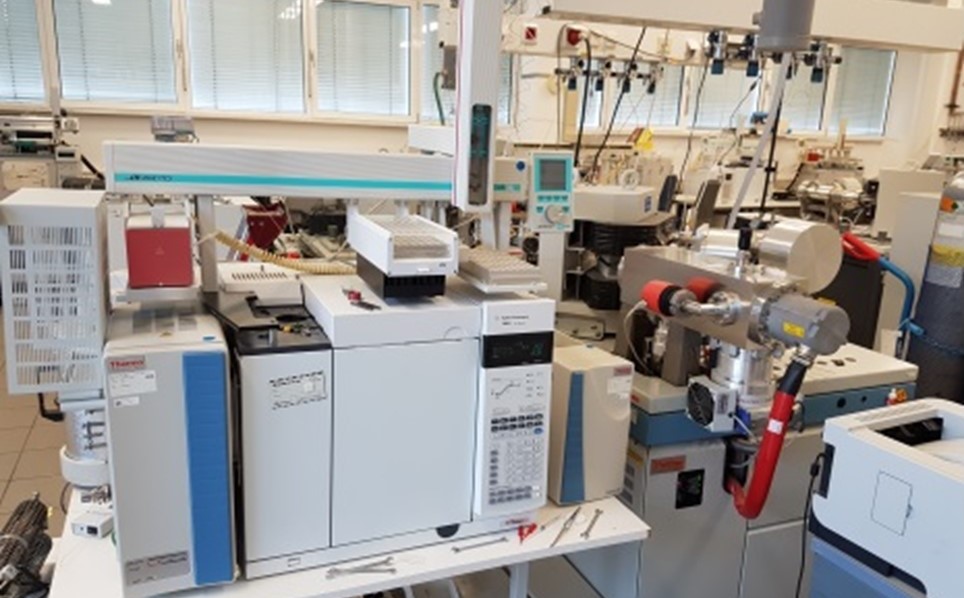
Work areas:
- Analysis of stable isotopes of light elements (H, C, N, O, S, Cl and Br)
- Reference laboratory
- On-line bulk and compound specific isotope analysis (BSIA and CSIA)
- Service analysis
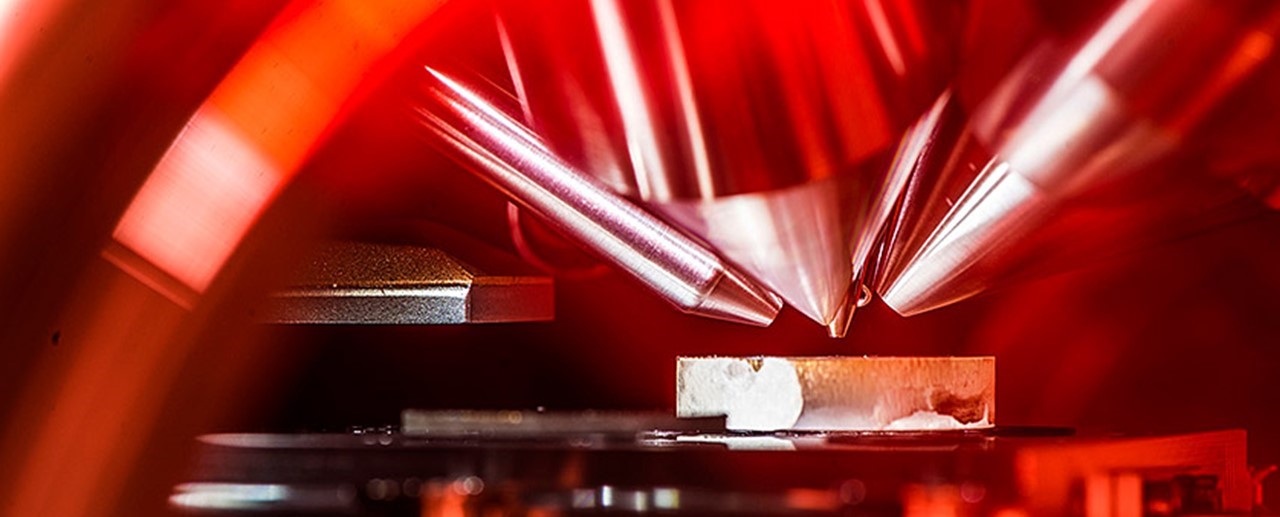
Work areas:
Identification and characterization of (bio)-chemical processes carried out by microorganisms in soil, water, plants, human tissue and blood using a combination of high-resolution structural and chemical imaging and high-resolution mass spectrometry for metabolomics, proteomics and metallomics.
